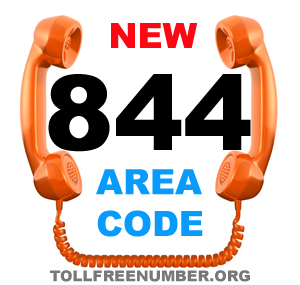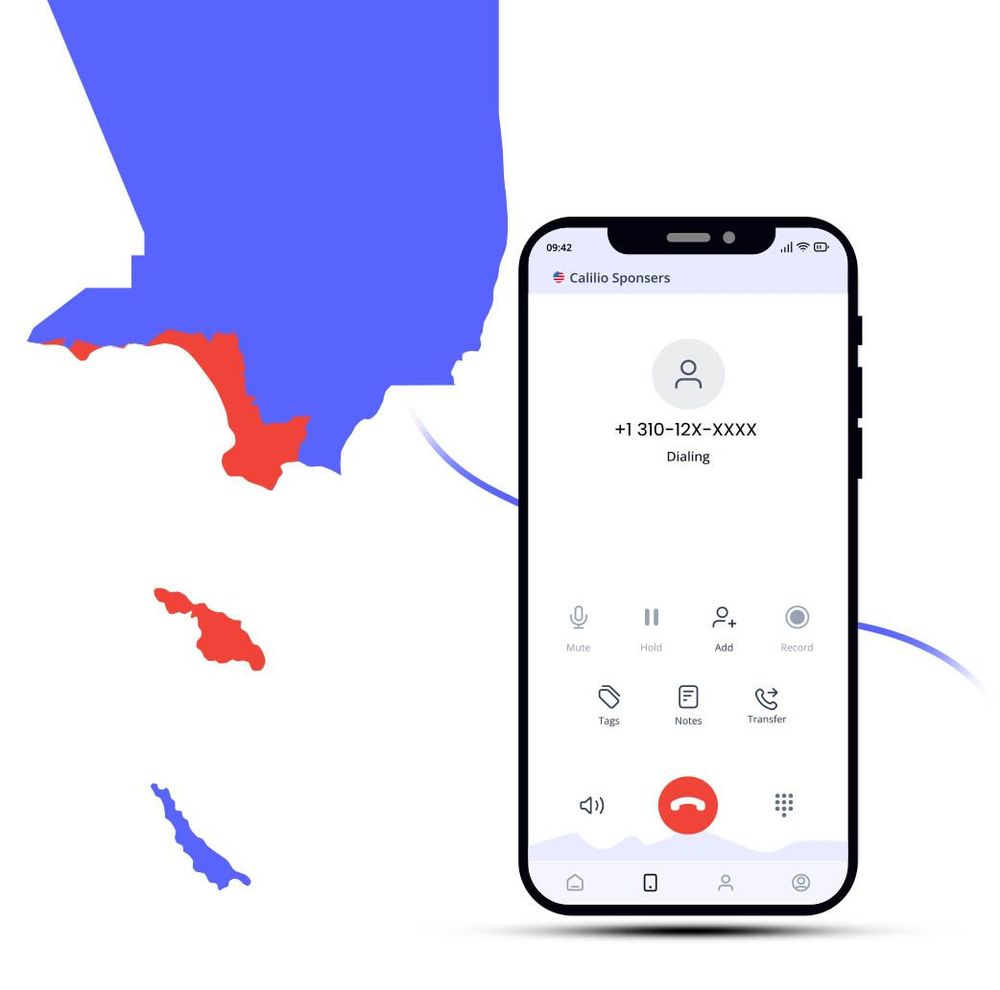Now Reading: 866 Area Code: Ultimate Guide to Its Origins & Uses
-
01
866 Area Code: Ultimate Guide to Its Origins & Uses
866 Area Code: Ultimate Guide to Its Origins & Uses
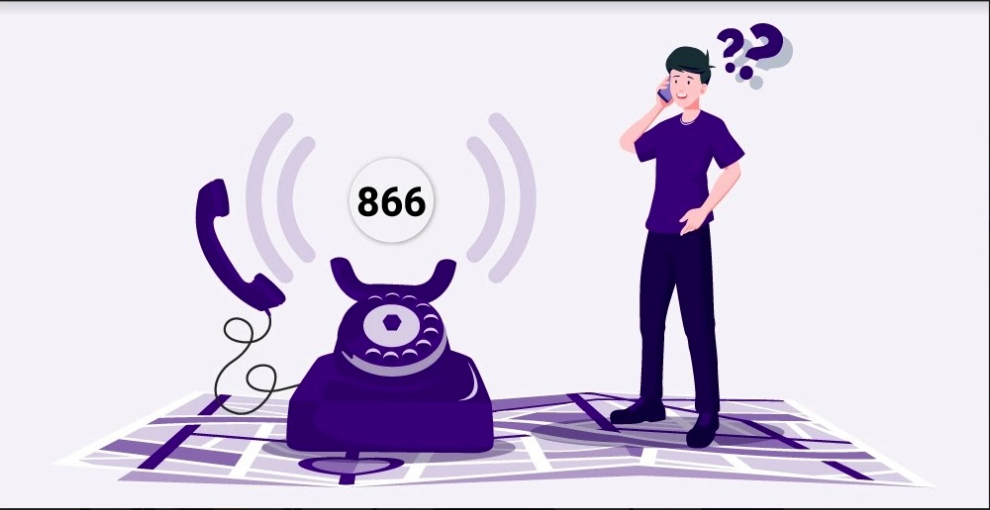
Have you been getting calls from an 866 area code and wondering who’s on the other end? You’re not alone.
The 866 area code is a toll-free number used across North America, but that doesn’t always mean the calls are safe or trustworthy. Whether it’s a legitimate business reaching out or a potential scammer trying to catch you off guard, knowing what the 866 area code really means can help you protect yourself.
You’ll discover why these calls come through, how to spot the difference between real and fake calls, and what steps you can take to stop unwanted calls from disturbing your day. Keep reading to take control of your phone and your peace of mind.
Origins of the 866 Area Code
Toll-free numberslike the 866 area code, are special phone numbers. They let people call businesses without paying. These numbers are part of the North American Numbering Plan, which organizes phone numbers in the US and Canada. Unlike regular phone numbers, 866 numbers are non-geographic. This means they do not belong to any city or state. Calls to 866 numbers are usually paid for by the business, not the caller. This helps companies provide better customer service. Many companies use these numbers to make it easier for customers to reach them. Because they are toll-free, people trust calling 866 numbers more. They are used for sales, support, and information. The non-geographic feature also allows businesses to use one number for many locations.
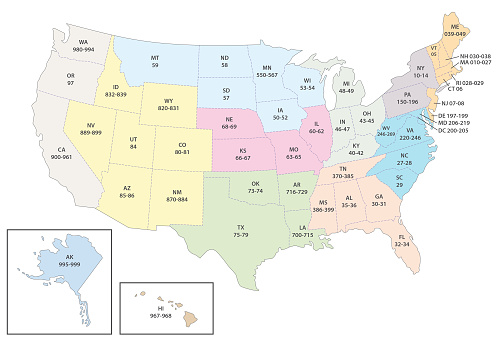
Common Uses Of 866 Numbers
866 numbers are popular toll-free numbers used in many fields. Businesses use them for customer support. Customers call these numbers to get help or ask questions without paying for the call. This builds trust and keeps customers happy.
In marketing and sales, 866 numbers help companies reach many people. They use these numbers in ads, on websites, and in emails. This makes it easy for customers to call and learn about products or services. It also helps companies track how well their ads work.
Government and non-profit services also use 866 numbers. People call for information about programs, help, or to report problems. These numbers are free to call, so everyone can get support easily.
Why You Receive Calls From 866 Numbers
Legitimate businesses use 866 area code numbers because they are toll-free. This means you do not pay for the call. Banks, stores, and service companies often call using 866 numbers to help customers.
Telemarketing calls also come from 866 numbers. Some telemarketers are honest, but many try to sell things you do not need. Scammers use these numbers too. They want your personal information or money.
Number spoofing is a trick that makes calls look like they come from 866 numbers. Scammers hide their real numbers. This makes it hard to know who is calling. Always be careful and do not share personal info over the phone.
Credit: www.reddit.com
Risks Of Answering Unknown 866 Calls
Unknown 866 calls often come from scammers pretending to be real companies. These calls may ask for personal information or payments. Answering can lead to fraud or identity theft. Some callers use spoofing to hide their real number, making the call look trustworthy.
Phone numbers can be leaked in data breaches or sold on illegal markets. This lets scammers add your number to spam lists. Once on these lists, expect more unwanted calls. Your number’s safety is at risk when shared without your consent.
- Never give personal details to unknown callers.
- Do not press any buttons if asked during the call.
- Block suspicious numbers immediately on your phone.
- Use trusted websites to check if the 866 number is real.
- Report spam calls to the Federal Trade Commission (FTC).
How To Identify 866 Callers
Online lookup tools help identify 866 callers quickly. Enter the number into trusted websites to see who it belongs to. These sites collect reports from users about toll-free numbers, including scams and legitimate businesses.
Caller ID apps show detailed info about incoming calls. They can block spam and label unknown numbers. Many apps update their databases regularly to catch new scam numbers.
Web search techniques involve typing the full 866 number in search engines. This often reveals forums, reviews, or official company pages. It helps confirm if a call is safe or suspicious.
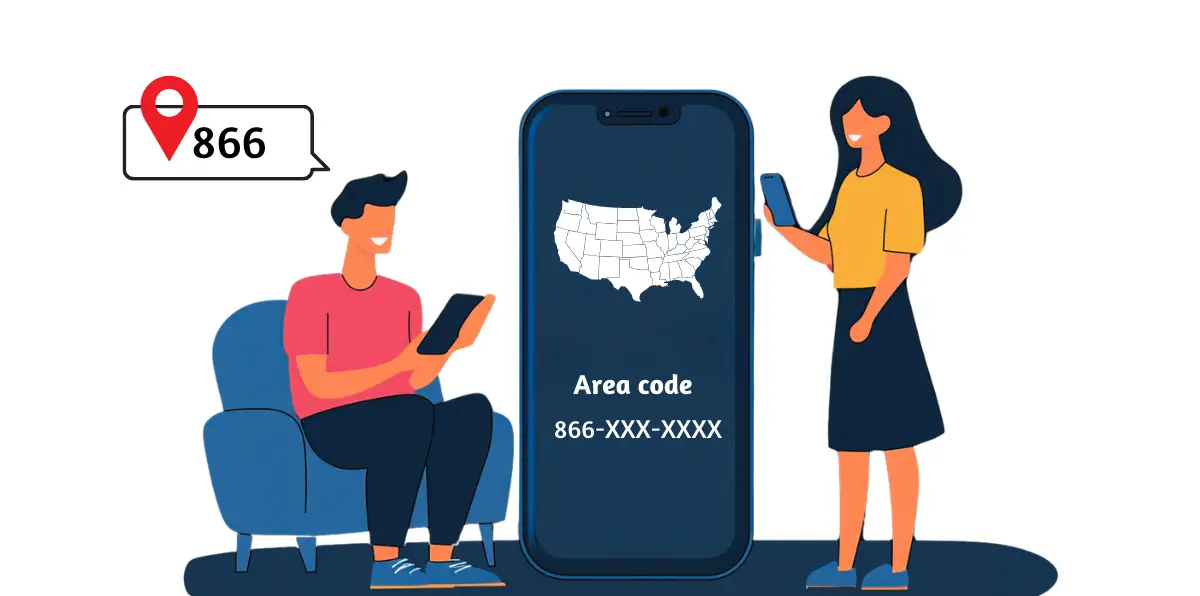
Blocking And Reporting Unwanted 866 Calls
Blocking unwanted 866 calls helps stop annoying spam or scam calls. Smartphones and landlines often have built-in options to block specific numbers. For smartphones, go to the recent calls list, select the number, and choose “Block.” Landlines may require dialing a special code or using a call-blocking device.
Carrier services and apps provide extra help. Many phone companies offer free or paid tools to filter and block robocalls. Apps like Truecaller or Hiya can identify and block spam calls automatically. Check your carrier’s website for details.
Reporting unwanted calls to federal agencies like the Federal Trade Commission (FTC) helps fight scammers. Use the FTC’s complaint website to report numbers that call you with scams or robocalls. This information helps track and stop illegal callers over time.
Protecting Your Number From Spam Calls
Never share personal information over the phone unless you trust the caller. Scammers often try to get details like your social security number or bank info. Registering your number on the National Do Not Call Registry helps reduce calls from telemarketers. It won’t stop all calls, but it lowers the chance of spam calls.
Use your phone’s call screening feature to block or silence unknown numbers. Many smartphones have built-in options to filter spam calls. Some carriers also offer apps that help identify and block unwanted calls before you answer.
Frequently Asked Questions
Why Do 866 Numbers Keep Calling Me?
866 numbers keep calling because they are toll-free and used by both legit businesses and scammers. Your number may be on call lists from data breaches. Block suspicious calls, never share personal info, and report scams to the FTC to reduce unwanted calls.
Where Is The 866 Area Code From?
The 866 area code is a toll-free number used across the United States, Canada, and the Caribbean under the North American Numbering Plan. It is not linked to any specific geographic location. Businesses and services commonly use this code for customer support and inquiries.
Should I Answer The 866 Area Code?
Answer calls from the 866 area code carefully. These toll-free numbers can be legitimate or scams. Verify unknown callers before responding. Avoid sharing personal information or pressing numbers during suspicious calls. Use online tools to check the number’s authenticity. Block and report unwanted calls to protect yourself.
How Do You Find Out Who Owns A 866 Number?
To find who owns an 866 number, use online tools like Truecaller or Search Who Owns. Check directories like Whitepages or YellowPages. You can also search the number on Google to identify the associated business or owner.
Conclusion
The 866 area code is a toll-free number used across the U. S. It does not belong to a specific city or state. Many businesses use it to provide customer service. Keep in mind, scammers may also use these numbers.
Always avoid sharing personal details on unknown calls. Use tools and apps to block unwanted calls. Reporting suspicious calls helps protect others too. Stay cautious and informed to avoid phone scams. Understanding the 866 area code can keep your calls safer.











